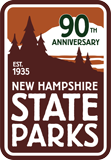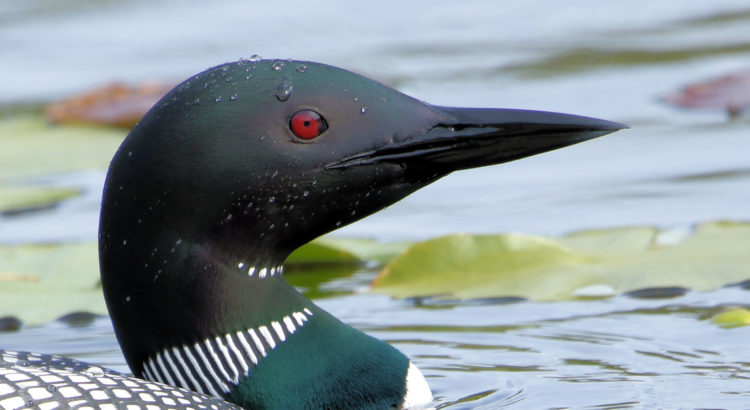Kayla Drake – SCA NH Corps – Discover the Power of Parks Interpretive Ranger
Out on the lake, the pristine silence is interrupted by a loon’s mournful wail, a sound akin to a wolf’s howl. The sound resonates deep within you, to the wild place that exists within us all. You are reminded that you are a part of something so much larger, the wilderness; you are also reminded that it is a part of you.
Listen to the wail here: https://www.youtube.com/watch?v=Ib0CxvL8Bp8
The loon has come to be used as a symbol for wilderness. This special bird has an unmistakable call: it calls us to preserve the wild spaces in which it lives.
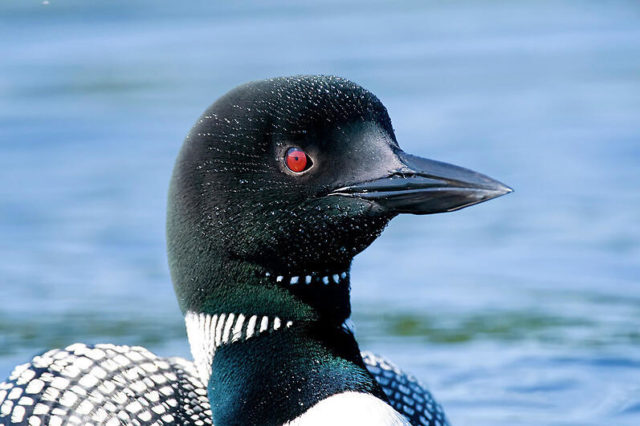
Loons are ancient creatures; their wail is a sound our ancestors likely once heard too. It is a haunting and eerie sound that is hard to forget. The wail is often used to symbolize wilderness, specifically the Great North Woods. It strikes us and reminds us of how small we can feel when we are faced with the deep, dark woods. In all of its awe and fear, wilderness has always played an important role in human lives. We have always told stories to make sense of it, and find our place within it.
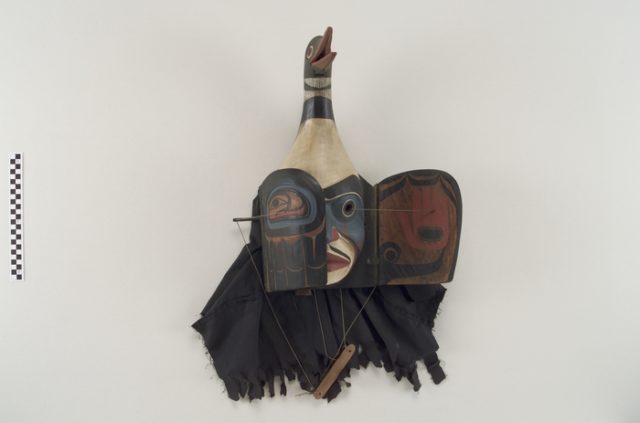
In the lore of the Abenaki tribes, the loon acted as a messenger. It is said that the Creator finished creating the world and brushed the dust off his hands. It was from this dust that the Great Teacher Gluscabi formed himself. After teaching the humans all he could he left the world of men, fated to return someday. In the meantime he sent his dog, in the form of a loon, to watch over men and to report back to Gluscabi. The loon’s wails can still be heard to this day, recounting the actions of men to the Great Teacher Gluscabi.
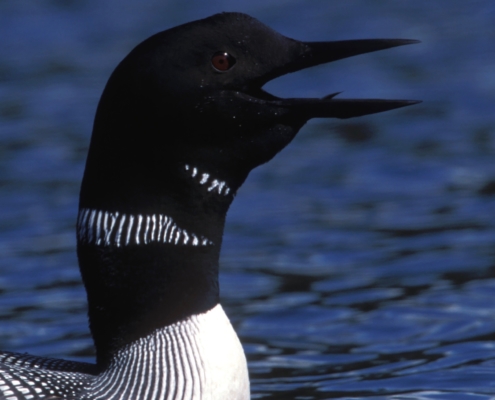
There is another account, which goes like this:
“The loon was not just another bird, but the first act of creation when the very voice of the Creator echoed across the void and became embodied in a gray and black shadow, the spirit of the loon. Later Sun threw light on the shadow giving Loon his striking white markings. Loon loved Anishinabe, the first man. It was Loon who saved Anishinabe when, while swimming, his long black hair became entangled in logs.”
Tom Klein, Loon Magic, pg 4
The loon has often been spoken of as kind and benevolent to humans, in just such a manner. Another story, which tells how the loon got its characteristic “necklace”, recounts the bird restoring a man’s sight. Loons connect humans to nature; they have often symbolized the benevolence of nature amidst its harshness. Loons have been an important symbol for us, it seems, for quite some time.
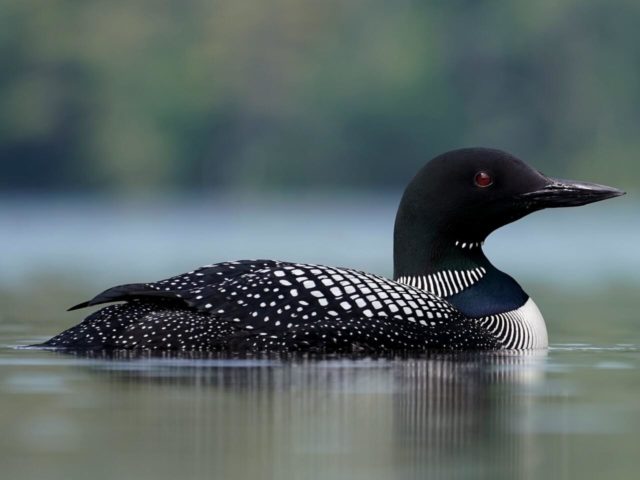
As it turns out, birds in general are often important symbols for us, as they help us orient ourselves in the world. In many cultures, flying animals like birds represent the larger world around us that transcends us —or often the spirit world— and our connection to it.
“Birds are translators for us, the intermediaries between the vast world beyond us and our own emotions, expressing in their notes, in tones within our spiritual register, the nature of our common setting…”
Charlton Ogburn Jr, The Meaning of Birds, as quoted in Loon Magic
The loon is just one of many birds that has captivated us and reminded us of our place in nature.
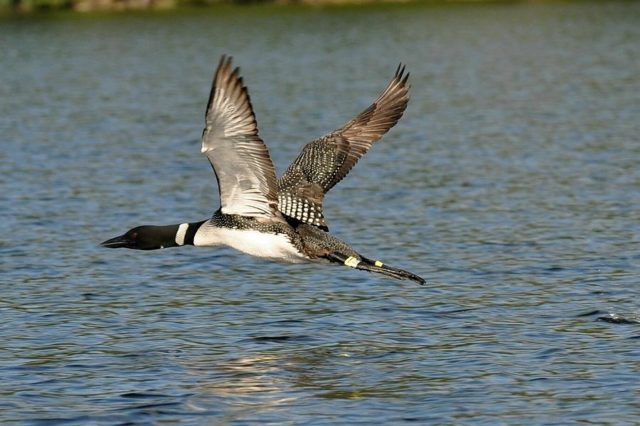
But what does that haunting wail actually mean? Loon lovers have identified four distinct calls of the loon, all used for different reasons. The wail is a call used by loons to reestablish contact when separated from one another; perhaps it is no coincidence that it reminds us of wilderness, a space in which it is all too easy to end up lost and alone. The loon’s wail sends a shiver down our spines as we imagine being lost in the wilderness. When we hear that call we can remember how important it is to protect those wild spaces, as they have always been a part of what it means to be human.
Want to hear the wail of the loons? Come visit the NH State Parks in the Lakes Region or the Great North Woods!
https://www.nhstateparks.org/visit/state-parks/umbagog-campground
https://www.nhstateparks.org/visit/state-parks/white-lake-state-park
